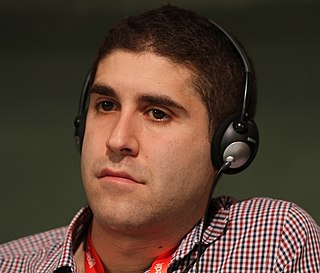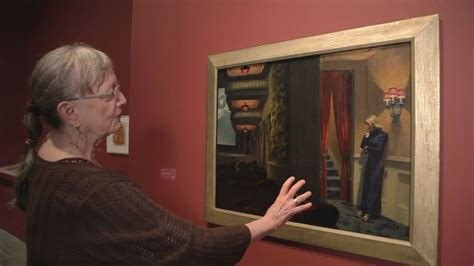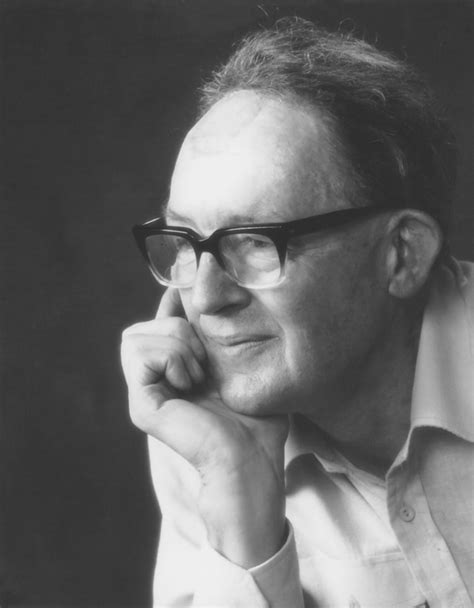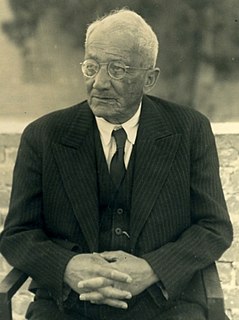A Quote by Albert Einstein
The aim of science is, on the one hand, as complete a comprehension as possible of the connection between perceptible experiences in their totality, and, on the other hand, the achievement of this aim by employing a minimum of primary concepts and relations.
Related Quotes
All our thoughts and concepts are called up by sense-experiences and have a meaning only in reference to these sense-experiences. On the other hand, however, they are products of the spontaneous activity of our minds; they are thus in no wise logical consequences of the contents of these sense-experiences. If, therefore, we wish to grasp the essence of a complex of abstract notions we must for the one part investigate the mutual relationships between the concepts and the assertions made about them; for the other, we must investigate how they are related to the experiences.
I do not aim with my hand; he who aims with his hand has forgotten the face of his father. I aim with my eye. I do not shoot with my hand; he who shoots with his hand has forgotten the face of his father. I shoot with my mind. I do not kill with my gun; he who kills with his gun has forgotten the face of his father. I kill with my heart.
The best way to think about anarchism is as a combination of three levels. On the one hand, the sort of instinctual revulsion against forms of inequality in power; on the other hand, a reappraisal of what one is already doing in egalitarian relations; and then the projection of these principles on all sorts of relations.
When we consider the close connection between science and industrial development on the one hand, and between literary and aesthetic cultivation and an aristocratic social organization on the other, we get light on the opposition between technical scientific studies and refining literary studies. We have before us the need of overcoming this separation in education if society is to be truly democratic.




































